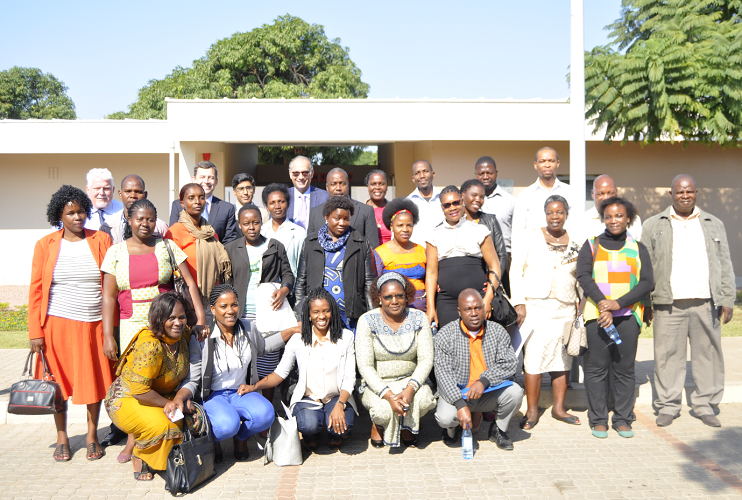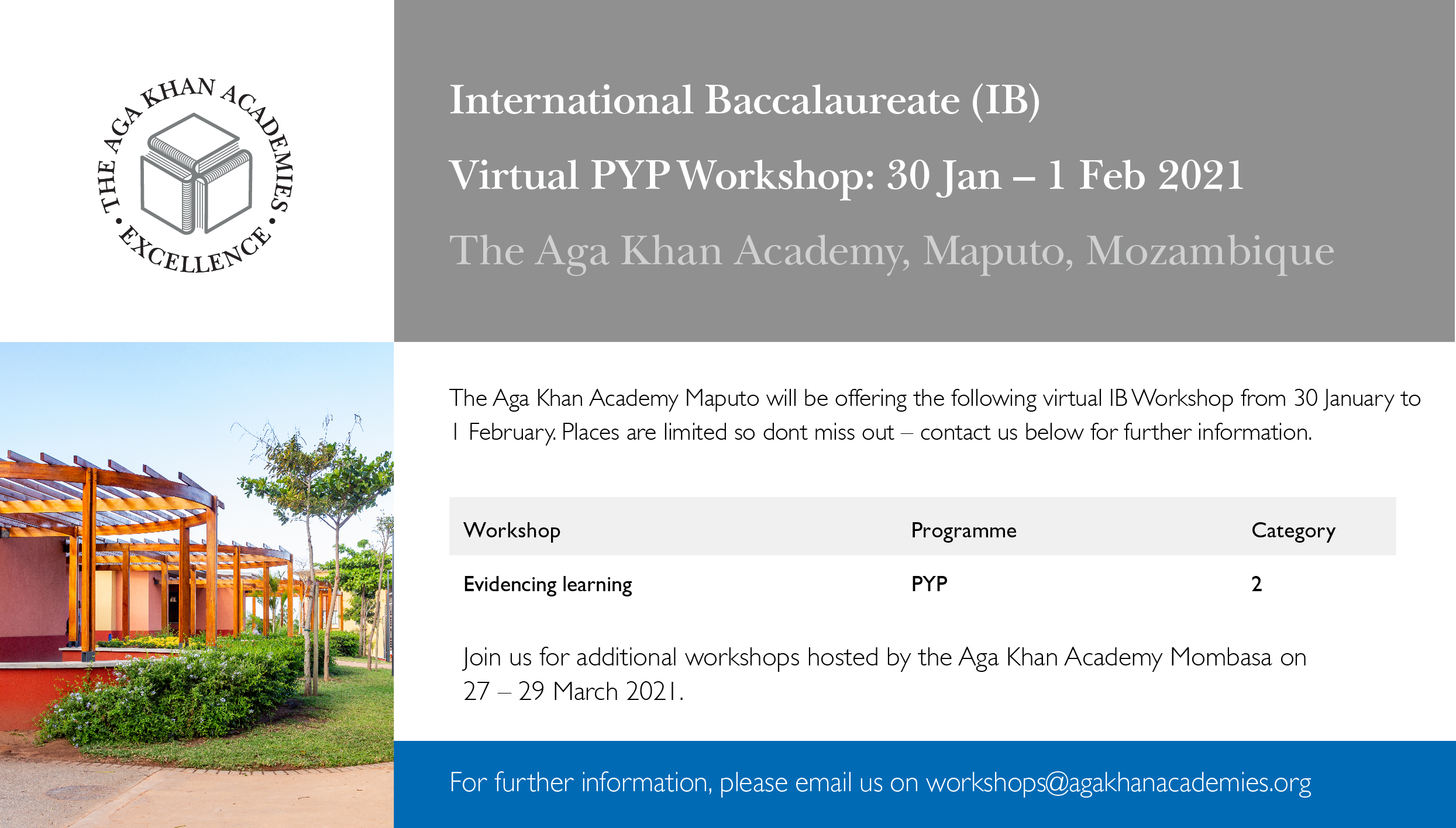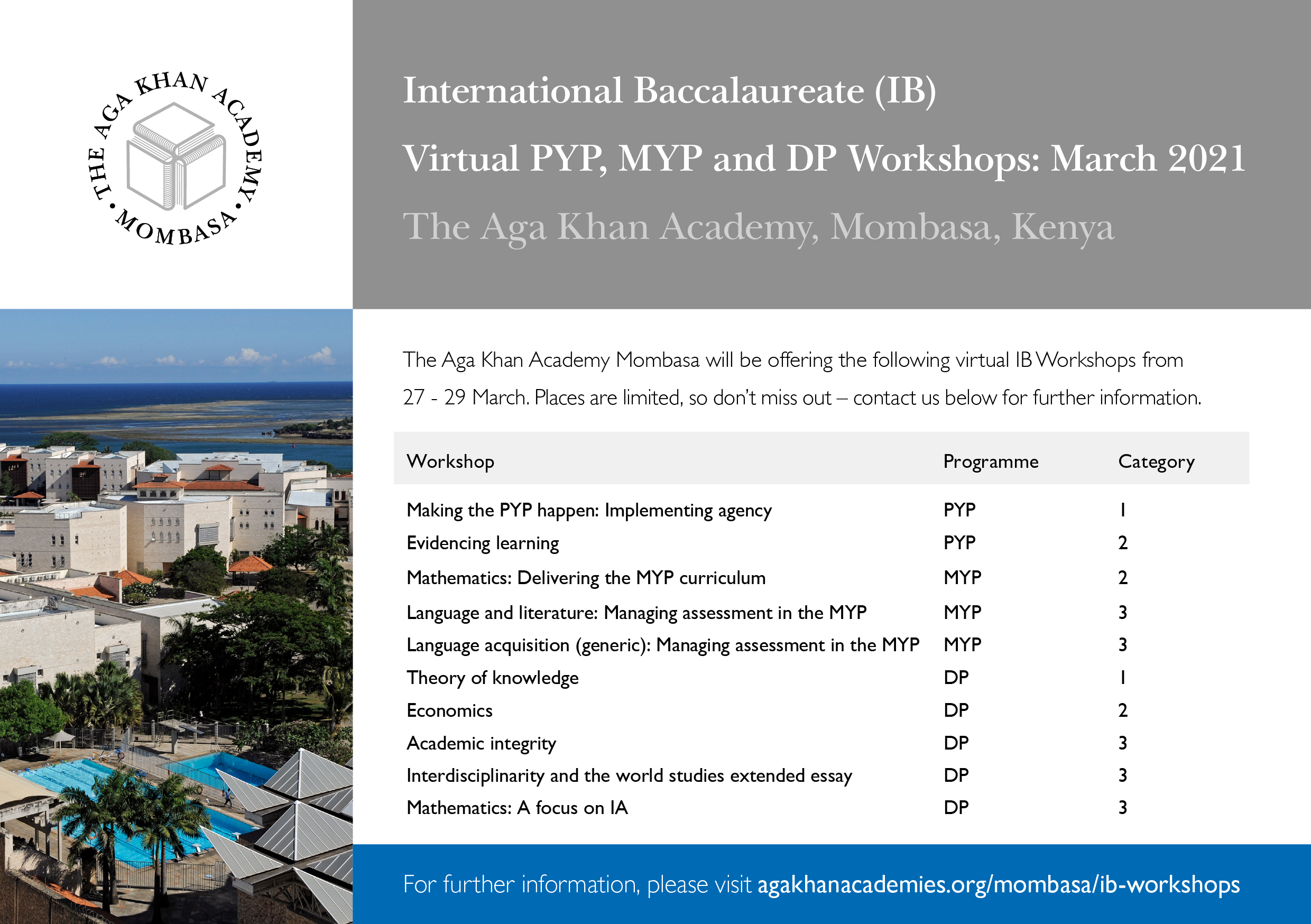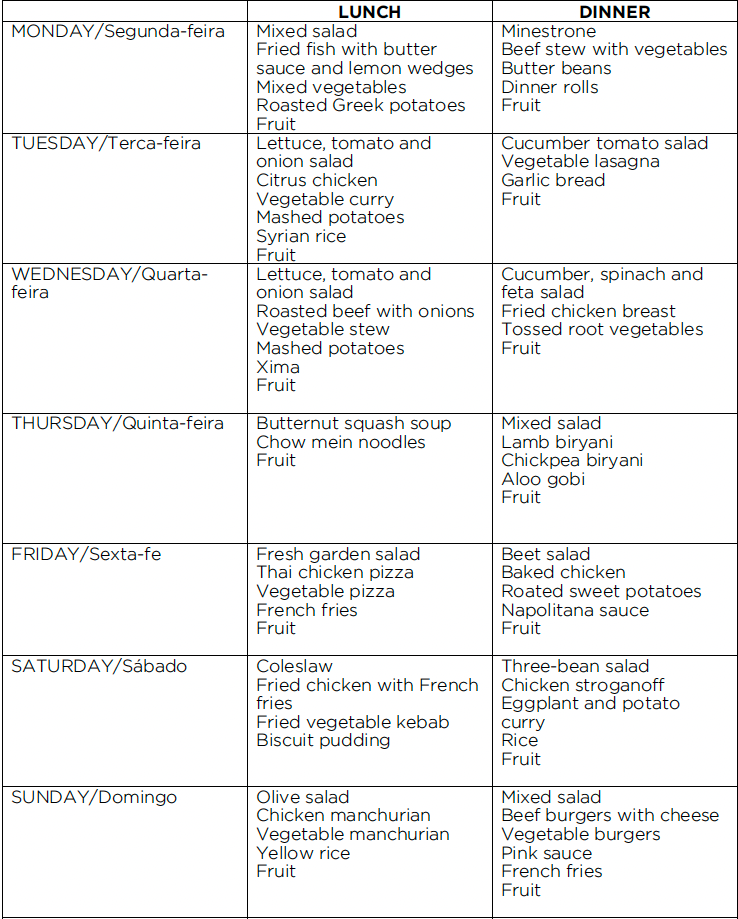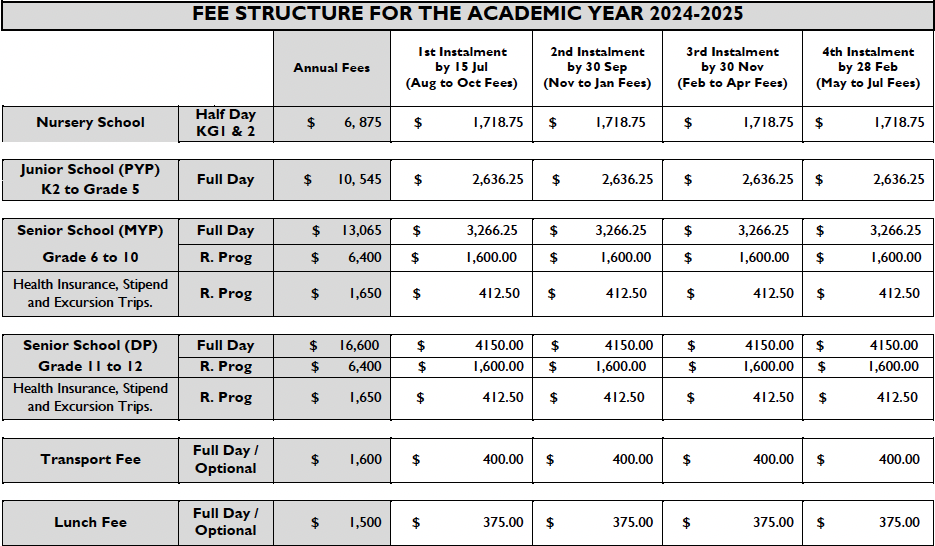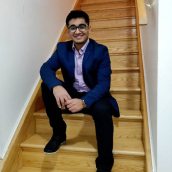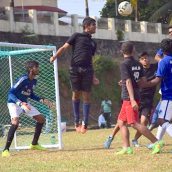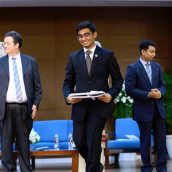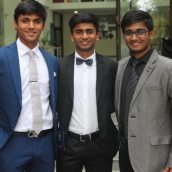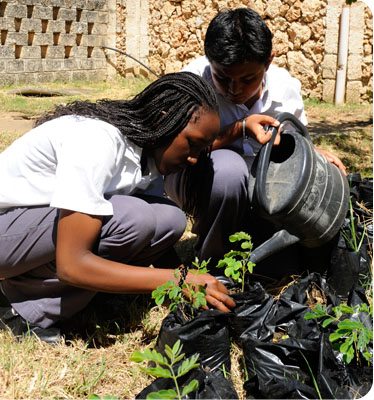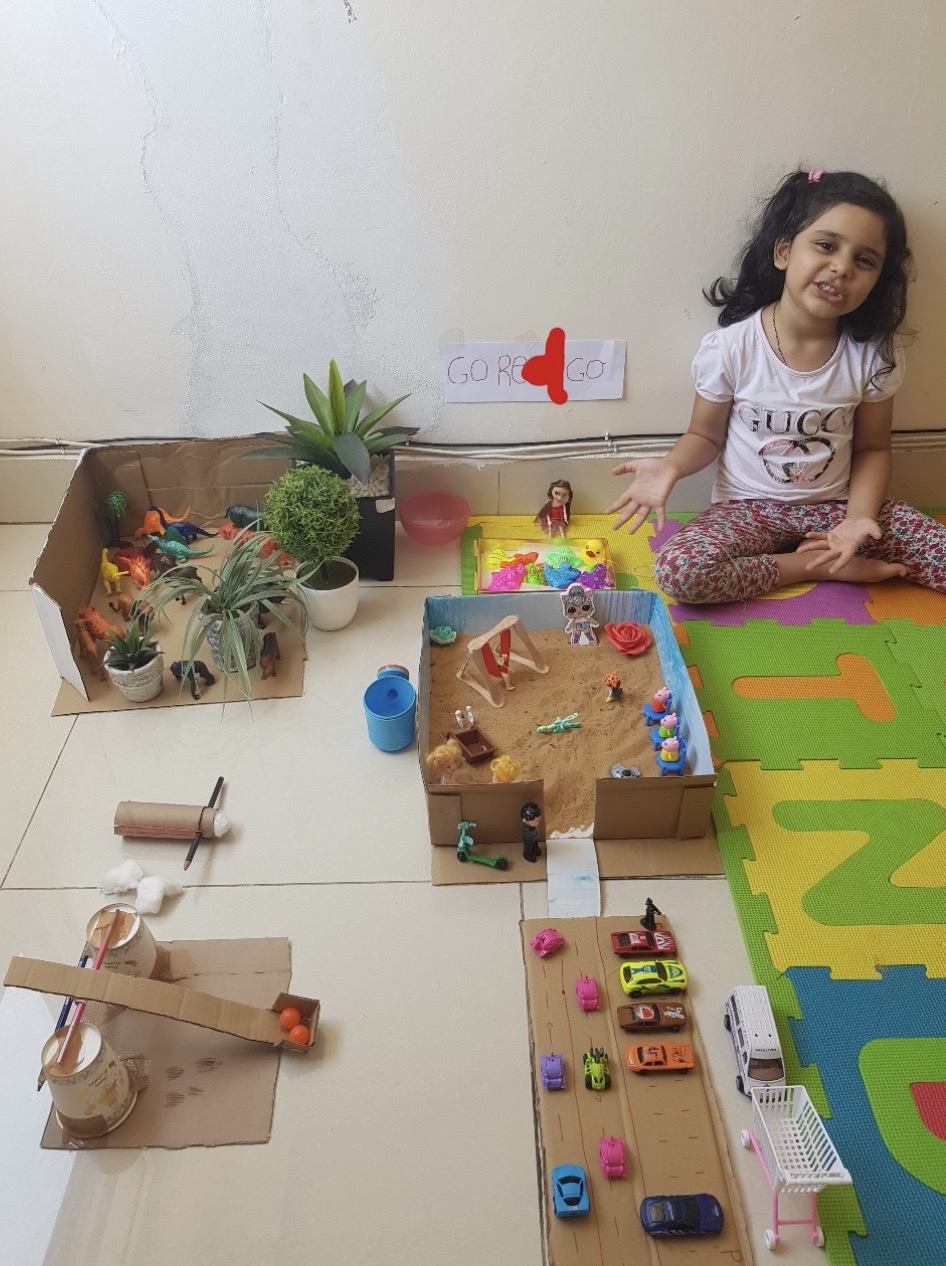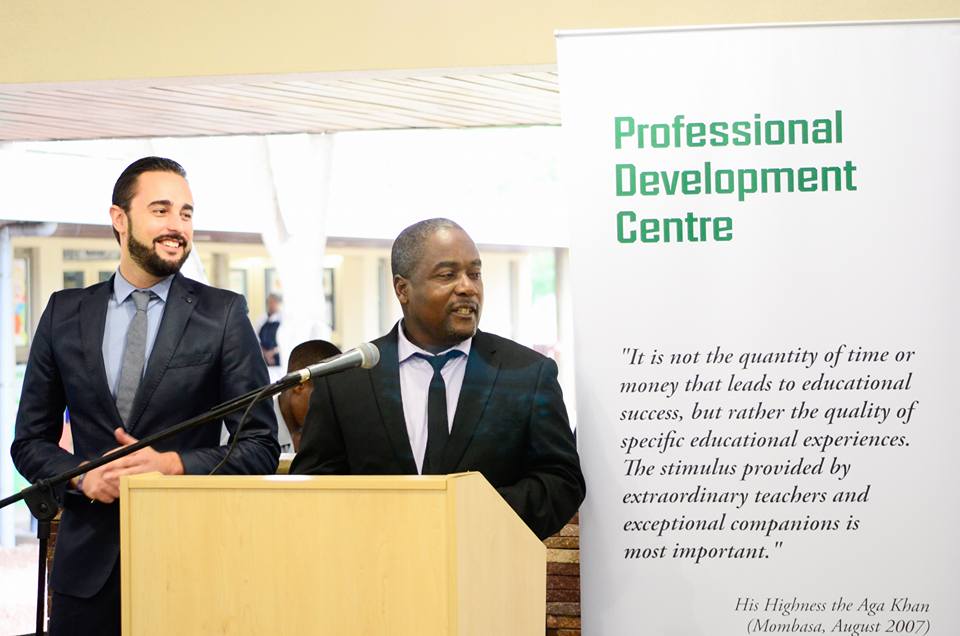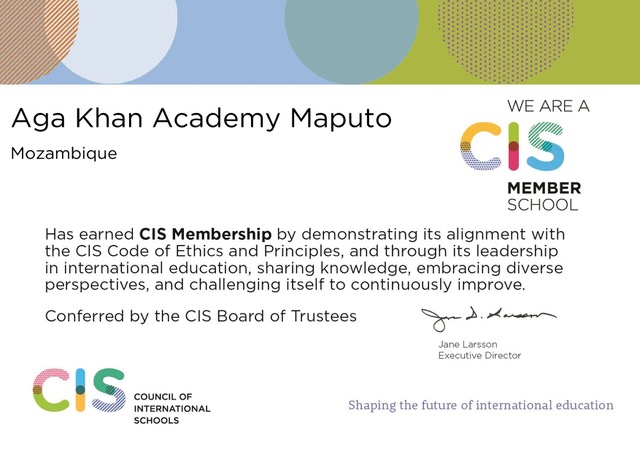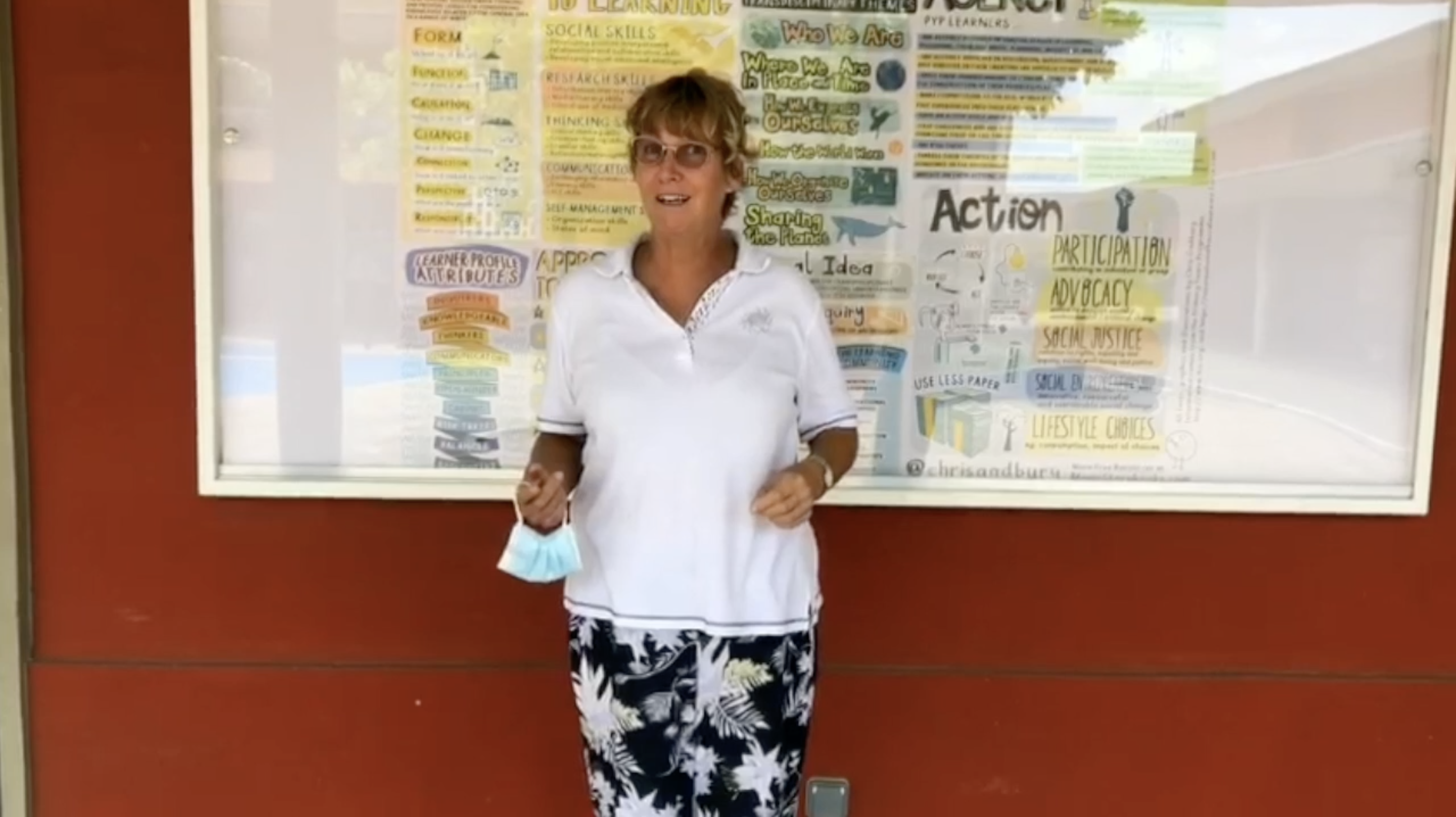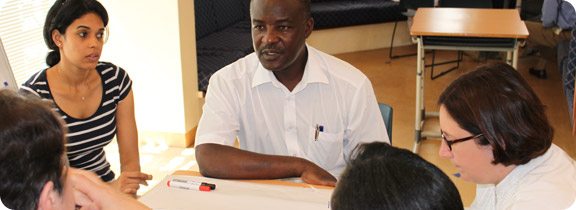
IB Workshops
The Aga Khan Academies frequently host International Baccalaureate (IB) workshops for interested individuals in a number of regions.
Upcoming Workshops
Our next AKA Maputo virtual IB workshop (delivered in partnership with AKA Mombasa) will take place from 30 January – 1 February 2021.
Click here for additional details. To register for the AKA Maputo workshop, click here._______________________________________________________________________________
Our next AKA Mombasa virtual IB workshops will take place from 27 – 29 March 2021.
Click here for additional details. To register for the AKA Mombasa workshops, click here.
For any queries, please contact us at workshops@agakhanacademies.org.
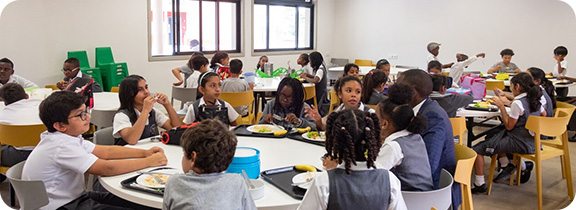
Weekly Menu
Our menu consists mostly of fresh fruits and vegetables, healthy fats, proteins, grains, and calcium and vitamin-rich foods. This menu was designed to ensure a well-rounded, healthy and balanced diet that is low in salt and fats, thus creating the habit of healthy eating as well as providing a fun and interesting experience for our kids.
A nossa ementa para crianças comporta fruta e vegetais frescos, gorduras saudáveis, proteínas, leguminosas e alimentos ricos em cálcio e vitaminas. Esta ementa foi concebida para garantir uma diteta saudável e equilibrada com baixo teor de sal e gorduras, cirando, assim, hábito alimentares saudáveis e proporcionar uma experiência divertida e interessante para as nossas crianças.
Sample menu
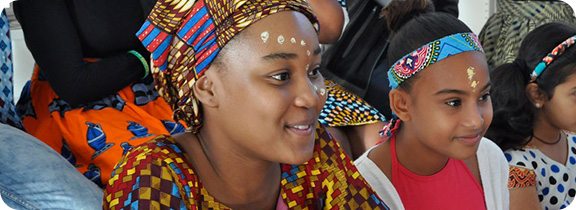
Fee Schedule
Fee schedule for the 2024-2025 academic year.
Click here to download the Academy's fee schedule for the 2024-2025 academic year.
1. One-time, non-refundable admission fee of USD 2,000 is payable for each student enrolling for the first time.
2. One-time, refundable security deposit of USD 1,500 is payable upon acceptance of admission. It is refundable when the student leaves the school as long as the required notice has been given in writing and “No Dues” clearance has been obtained from the school. No interest is paid or payable on this deposit.
3. A sibling discount of 5% of tuition fees will be applicable for second and subsequent children.
4. Tuition fees may be paid for a full year with an early-payment discount of 5%, if paid before 15 July.
5. Tuition fees may be paid in four equal instalments – first, no later than 15 July, second by 30 September, third by 30 November and forth by 28 February of each academic year.
6. A penalty of USD 50 shall be applied on the 1st of every month on any delayed payments made without agreement with the Finance Department. Unexplained delays shall make the students liable to suspension.
7. Tuition fees must be paid within 30 days of admission to secure a place at the Academy.
8. Tuition fees include course fees, the use of essential course books, library books, IT structure, science laboratory equipment, online education and certain classroom supplies.
9. Tuition fees do not include uniform costs.
10. Exam fees for the IB Middle Years Programme and the Diploma Programme will be billed separately based on the actual fee issued by the International Baccalaureate Organization (IBO).
11. Residential fees (USD $6400+$1650) include accommodation, food, health insurance, utilities, pocket allowance, transportation for in city excursions and community support visits.
12. The fees can be paid in US dollars or Mozambican metical. For payments in meticals, the invoice rate will be used. The Academy however reserves the right to change this policy.
13. Parents must provide the Finance Department (finance.maputo@agakhanacademies.org) with the proof of payment made through direct deposit or bank transfer, even if the payment is done by an organisation or a company.
14. If a student wishes to leave the school, one term’s advance notice of withdrawal must be given in writing or, in lieu of notice, one term of the annual fees will be due and payable. School clearance will not be possible until the fee account is settled in full.
15. The Academy reserves the right to withhold results, school leaving certificate, transcripts or any other information and/or document until all outstanding dues are settled in full.
16. Students who have been admitted to the Academy, and can demonstrate need, will be considered for financial aid.
17. The above terms and conditions may be modified, or new terms may apply to reflect changes in the law or our services.
18. For further information, please contact us via email at admissions.maputo@agakhanacademies.org.
Ariq Kapadia (Class of 2017): Using creative planning to make an impact
My time at the Aga Khan Academy Hyderabad has been a wonderful journey for me. I went through series of experiences that has made me what I am today. My friends, teachers and everyone around me had an integral part in shaping my life. I joined the Academy back in 2012 and the residence experience was completely new for me. I was frightened by the fact that now I must live away from my parents at such an early stage. This could typically be a nightmare for some students, but for me it was incredible – reflecting on my time there only makes me want to go back and relive my life at the Academy residences. Getting up for school, all the students racing for the washrooms only to win the chance to take the bath first. Planning out sports schedule in lunch breaks just to play a good soccer game after school. All this has been fun and amazing, and it has taught us students a way of life.
The Aga Khan Academy Hyderabad has been well known for years for their participation and success in soccer. Being an integral part of this team was a joyous and proud experience for me. I was selected for the team back in 2013 – at that time, our team had just started their dominance in the city while we were still preparing ourselves for other challenges at school. It was tough at first to balance sports and academics alongside other projects and activities; however, we slowly got acquainted with it. We used to plan out training times before and after school and commit ourselves to the sport. It helped me improve my punctuality and taught me a lot about time management. Soon after, I had the privilege of leading my U-16 team to the finals on home soil; unfortunately, we ended as runners-up, but the experience I gained while leading had brought some significant change in my behavior. I had grown a sense of responsibility and maturity – I had learned to be a leader. It did bring us trophies back to back for the next few years, but the true realisation for success came in 2016 when we got an opportunity to challenge teams at the national level. It was the first time a squad of eight students were sent for the TAISI tournament to represent the Academy. It was foremost the proudest moment of my life, standing alongside my teammates, ready to take up some of the best teams in India. Successfully, we won the tournament and brought the trophy back home, the first-ever away trophy that the Aga Khan Academy Hyderabad has ever won. Achieving such feat has been overwhelming, but the values I have learned in this experience will remain within me and will shape my future.
Along with sports, I completed various projects at the Academy. As part of our IB [International Baccalaureate] requirement, we had to complete personal projects and Extended Essays in order to pursue our interest in researching about various things through variety of subjects under experienced supervision. Not only did these projects let us gain experience in detailed researching, but it also helped create awareness in specific regions. These projects were bounded with criteria, ranging from personal interest to benefits in society and impact on environment. It made us think about the different aspects and potential effects of our projects, and in turn adopt a broader approach to our research. My project was about city planning and making solar energy the primary source of energy. I aimed to create a small model that gives a better representation of my idea about proper city planning. It was my first time working with wires and solar cells. I had to learn to make a solar plant model and integrate it in the main model. It really was great fun, and I learned the importance of city planning to reduce space wastage and save energy by using alternate renewable sources of energy. My Extended Essay was based on my favorite topic: healthy food. I conducted chemical experiments on food to check the alteration of protein content in food when cooked or uncooked and when hot or cold. My aim was to understand the effect of temperature on food. It went well and it answered some questions I personally had as well. I used dangerous chemicals and chemical equipment throughout my Extended Essay. I improved my personal skills in areas such as communications and built confidence in my ability to work individually. I learned more about society and gained a variety of knowledge on environment preservation.
During my time at the Academy, I have developed skills and values from certain experiences, but it was my participation in Model United Nations (MUN) that had a significant effect on me. I started participating in MUN to enhance my verbal skills and improve my knowledge about events happening around me. Over a period, I swiftly transited to the logistics group. I realized that my ability to manage and plan were beneficial to these events. I was given a chance to assist the Under-Secretary-General of Logistics and soon after I claimed the title for myself. Through this experience, I improved my management skills, developed various approach to different problems and mastered problem-solving skills as a result. I was given the opportunity to lead the Academy’s first ever METROMUN Conference, which allowed students from various schools to participate. The challenge of managing other students was very beneficial to me as it has boosted my confidence in my management skills. Once I had experienced managing MUN, I sought more knowledge and experience in this area – this helped me get into a co-op programme where I am currently working on certain projects and managing project teams to get the best results.
Over the period of time I spent at the Academy, I applied a common skill to all the initiatives in which I took part: strategic planning and creativity. Whether it was sports, projects or MUN, I was fond of innovation and had always been busy with creating something with whatever I had around me. When we plan our strategies for a soccer game, I loved coming up with interesting formations which sometimes didn’t make much sense. I would never give up trying to find a better one, sometimes I would modify the existing one or would come up with something new. Similarly, in MUN, I would plan to change the setting or come up with a different style of conducting the conference. I always looked for alternatives for the existing ideas to make them better or search for a new one to improve efficiency. All these made me realise that engineering is what suits me well and my interest in aerospace and machines brought me to continue my studies in Mechatronics Engineering at the University of Waterloo. Henceforth, with such knowledge, I can pursue my dream of developing my home town and making India prosperous in terms of knowledge and technology and to help His Highness achieve his vision of eliminating poverty.
All this knowledge and these experiences have helped me get into the University of Waterloo. Studying at my dream university is a direct result of what I have accomplished through hard work, determination and focus. My friends and teachers at the Academy supported me throughout, and all the memories I have from there still teach me various things in life. The experience that I had in those five years at the Academy continues to develop me further and make me more capable of success. In my engagement with activities at the university, I have found that all the skills I learned at the Academy have prepared me to face the upcoming challenges.
When I look back to five years ago, I see a small kid, terrified and trying to surpass the ranks. However, now five years later, even though I am still trying to achieve my goals, I feel ambitious and determined, not scared but instead craving to prove myself. I have had a lot from the Academy and now I feel it is my time to give back to society to make this world a better place to live in.
By Ariq Kapadia
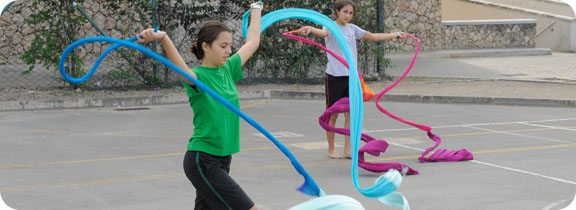
Aga Khan Curricular Strands
The Aga Khan Curricular Strands (AK Strands) are a unique part of the programme offered by the Aga Khan Academies. The AK Strands are areas of learning aimed specifically at developing knowledge, skills and attitudes required by future leaders.
Our goal at the Academies is to develop young people who have strong local roots and are also globally minded. They should be able to become leaders in whichever fields they choose.
To help achieve this goal, we have identified five areas of learning, the Aga Khan Curricular Strands, that we believe are important for our students. These are:
- Ethics
- Pluralism
- Cultures (with an emphasis on Muslim civilisations)
- Governance and Civil Society
- Economics for Development
Implementing the AK Strands
The Aga Khan Curricular Strands are not taught as independent subjects. Instead, we weave them into the existing subject areas of the academic curriculum. They help inform the selection of content and themes for study. The AK Strands also provide direction for school life outside the classroom in areas such as policy making, recruitment, student life and residential life.
Two of the AK Strands, Ethics and Pluralism, help students develop values and dispositions required by ethical leaders. Our students learn about these areas in theory and are also encouraged to practice what they learn in their everyday lives.
Through the other three AK Strands, our students learn about ideas that are important to the functioning of societies. In particular, they learn about how these ideas impact people’s lives in countries of the developing world. The knowledge they gain helps them understand key issues from both local and international perspectives.
The AK Strands in practice
The Aga Khan Curricular Strands have been developed and tested over several years at the Aga Khan Academy Mombasa. This has led to new ideas and creative methods of teaching.
For example, teachers in different departments are using the AK Strands to collaborate in interesting ways. In one project, year 7 students worked on a unit that related to Governance and Civil Society in both humanities and English. They linked their theoretical understanding of authority structures to their study of the novel, The Giver.
They looked at questions of governance, freedom of choice, security and related ethical questions through the lenses of both subject areas. This allowed for a unique learning experience that was both broad and deep.
Through the Aga Khan Curricular Strands, our students develop attitudes and values that will help them throughout their lives. They also gain knowledge and understanding that will allow them to contribute positively to their societies in the future.
For more information on the educational programme offered at the Aga Khan Academy Mombasa please visit the Academic Programme page.
